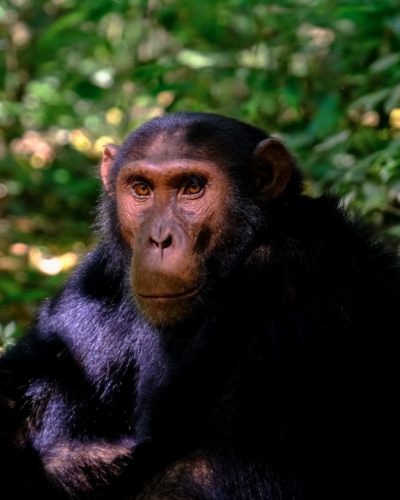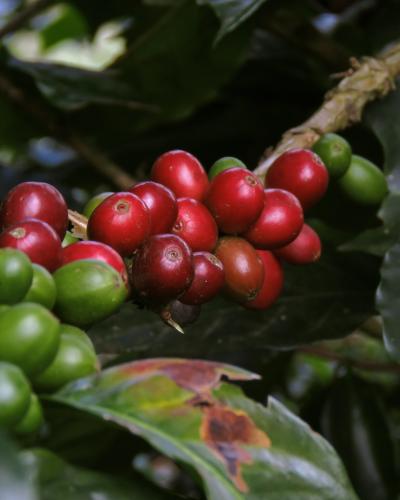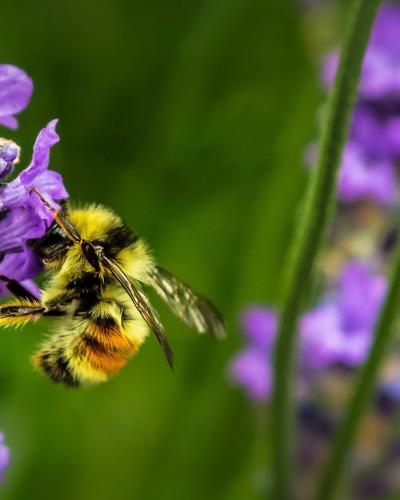After learning that hungry chimpanzees feeding on maize fields bordering forests in Uganda benefit from the nutrition of...
Apr 27, 2022
For the first time, researchers evaluated if a statewide initiative that pushes all farmers in the state of Andhra Pradesh...
Mar 08, 2022
Avoiding harmful insecticides like chlorpyrifos (both for their own health and the health of farmworkers, who are directly exposed to these toxins in the fields) is one of the main reasons many...
Feb 08, 2022
New-generation pesticides are often developed to replace earlier, more toxic chemicals in effort to clean up the environmental and human health impacts of these older agricultural pesticides....
Jan 24, 2022
Despite the use of chemical pesticides to combat the economically important coffee berry borer pest, a new study in IOP Conference Series: Earth and Environmental Science finds that non-chemical...
Jan 17, 2022
A recent study published in the journal Environmental Science and Pollution Research tested urine samples from 6,848 participants and found glyphosate in 99.8% of the samples, suggesting a general...
Dec 13, 2021
A recent study published in the journal Insect Conservation and Diversity found that non-crop flowering fields are helpful in attracting bumblebees to cropland, but organically managed crops rich...
Dec 06, 2021
A new study published in the Journal of Applied Ecology shows the importance of maintaining biodiversity to achieve natural pest control and reduce the use of insecticides. Specifically, the study...
Nov 22, 2021
A recent study published in Agronomy Journal found that using perennial living mulches can regenerate soil health faster and with less cost than using annual cover crops. There are many benefits...
Nov 15, 2021
Industrialized chemical agriculture has caused a decline of many important insects across the globe, while organic farming can promote biodiversity by using fewer harmful sprays and by providing...











